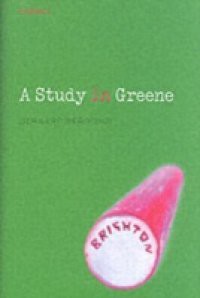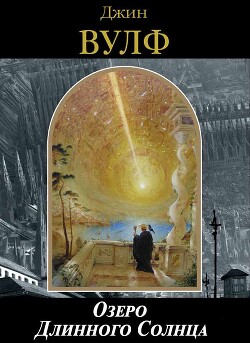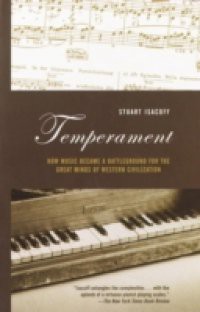Bernard Bergonzi has been reading Graham Greene for many years; he still possesses the original edition of The End of the Affair that he bought when it was published in 1951. After so much recent attention to Greene's life he believes it is time to return to his writings; in this critical study Bergonzi makes a close examination of the language and structure of Greene's novels, and traces the obsessive motifs that recur throughout his long career. Mostearlier criticism was written while Greene was still alive and working, and was to some extent provisional, as the final shape of his work was not yet apparent. In this book Bergonzi is able to take a view of Greene's whole career as a novelist, which extended from 1929 to 1988. He believes that Greene's earlierwork was his best, combining melodrama, realism, and poetry, with Brighton Rock, published in 1938, a moral fable that draws on crime fiction and Jacobean tragedy, as the masterpiece. The novels that Greene published after the 1950s were very professional examples of skilful story-telling but represented a decline from this high level of achievement. Bergonzi challenges assumptions about the nature of Greene's debt to cinema, and attempts to clarify the complexities and contradictionsof his religious ideas. Although this book engages with questions that arise in academic discussions of Greene, it is written with general readers in mind.



















